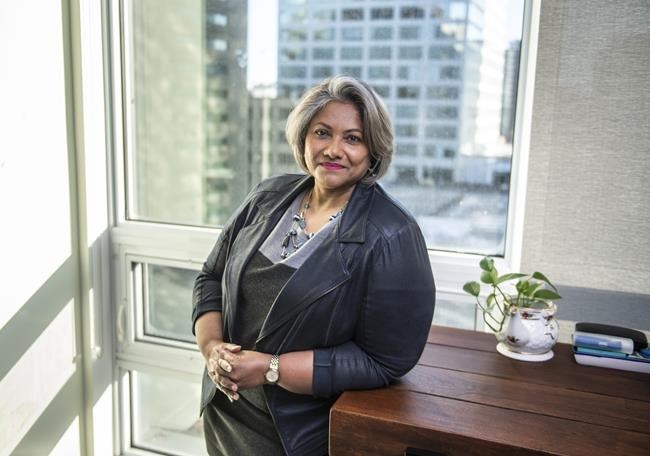OTTAWA — The pandemic put household budgets to the test in 2020.
For millions it meant the loss of a job or a reduction in hours, while for others it meant unexpected expenses as they made the shift to working from home.
So as you build your budget for 2021, financial experts say you need to create a robust plan that's built on realistic expectations for your income and your spending.
Financial literacy and credit counsellor Pamela George says if you tapped your emergency fund to help deal with the financial stress of the pandemic last year, topping it back up should be a priority.
And for those that still don't have at least some money put aside in an emergency fund, creating one should be at the top of the list.
George says it can be overwhelming to think about saving a six-month buffer, but even if it means starting small, it is important to start building that cushion.
"Start with $500, when you get to $500, go for $1,000," she says.
"Do it in $500 increments and motivate yourself like that."
George says many may have been spending less on coffees and lunches out while they were working from home last year, but that didn't mean they were socking that money away in savings.
She says based on what she's seen the spending for many shifted during the pandemic to takeout orders for dinner or online shopping, but that setting up your budget for 2021 is a chance to change that and use that money to reduce debt or increase savings.
It is also important to account for the rising costs for things like transit, groceries and property taxes, George says, even if your salary may not have kept pace.
"If you're a homeowner and you're budgeting for property taxes, you need to know that's gone up," she says.
"And while it's not a whole lot per month, if you pay it every six months or once a year. depending on how you pay your taxes you need to have that extra money."
Stacy Yanchuk Oleksy, director of education and community awareness at the Credit Counselling Society, says it is important to understand where you're spent your money in 2020 when planning for 2021, but that this year likely won't look like last year.
"I don't think you can take a 2020 budget and select all and copy it and make your 2021 budget, I think that there will be some changes," she said.
"Some people might go back to work, some people might stay working from home permanently and others might have to go back into the office at some point."
The difficulty in planning a budget for 2021 comes with the uncertainty. COVID-19 vaccinations have started, but as the latest rise in cases and lockdowns have shown, we're not out of the woods yet.
Yanchuk Oleksy says if you're dreaming of a vacation later in the year if things improve, you should set money aside for it in your plan because you don't want to get to Christmas next year and realize that while restrictions may be loosening that you can't afford to that trip to see family.
"The beauty about planning for it is that even if you can't travel in 2021, you can use that money elsewhere," she said.
Should the pandemic situation improve you may also need to plan for expenses that you haven't had to account for while working from home, such as commuting, coffees, lunches and child care.
"They'll have to get reinserted into the budget, we just don't know when that will be," Yanchuk Oleksy said.
George says don't worry if you don't follow your budget all of the time because we are in the middle of a global pandemic.
"We need to understand that we're in a pandemic and that means that we're stressed about many things and if you have a budget and you fall off they budget sometimes, that's OK," she says.
"It doesn't mean you throw everything in the fire and you walk way. What it means is you slipped up and you get up the next morning and start afresh."
This report by The Canadian Press was first published Jan. 7, 2021.
Craig Wong, The Canadian Press



